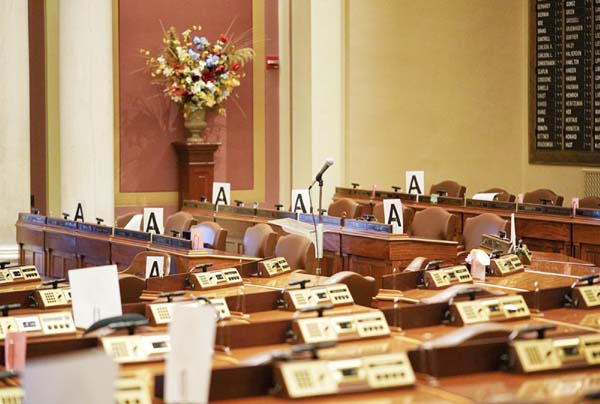
AP, Jefferson City :
First, Oklahoma lawmakers excluded the public from the Capitol because of coronavirus concerns.
Then with the public gone, lawmakers made an emergency change to the state’s open-meetings law to let all governmental entities meet via video or teleconference, so long as people can watch or listen remotely.
Across the U.S., numerous governors, lawmakers, mayors and county officials have made similar decisions to keep the public away from public meetings – all for the sake of public health. Ironically, the sudden policy shift has played out during the annual observation of “Sunshine Week,” a seven-day period intended to highlight the importance of open-government policies.
“Public participation in our democracy is really fundamental to the health of our democracy,” said David Snyder, executive director of the First Amendment Coalition, a California-based nonprofit that promotes government transparency.
“I think government agencies need to be very careful not to unduly restrict the public’s ability to see what government is doing and, maybe more importantly, to participate in what the government’s doing,” he said.
On Friday, 132 state and national groups backing open-government policies released a joint statement urging officials at all levels of government to “not retrench” from their duties for public involvement because of the coronavirus.
“Government bodies should not opportunistically take advantage of the public’s inability to attend large gatherings to make critical decisions affecting the public’s interest if those decisions can reasonably be postponed,” the statement said.
All U.S. states require open government meetings. Some mandate that a majority of government officials be physically present to meet. Others already allow officials to meet by video or phone, with accommodations for the public to watch or listen from a designated room.
Those mandates for in-person access have been suspended or ignored as an increasing number of governments have instructed people to stay home and avoid public gatherings to help prevent the spread of the virus that causes the COVID-19 disease.

